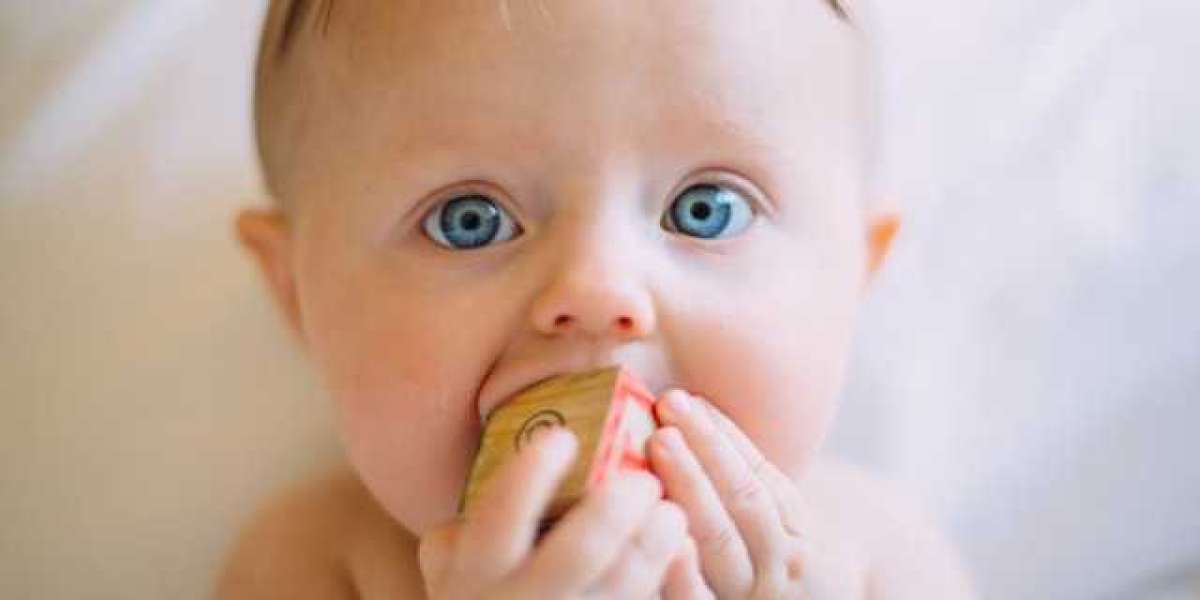Learn the essentials of choosing the best baby body wash for your little one. Discover what ingredients to look for and what to avoid to ensure safe, gentle, and effective skincare for your baby.
Choosing a baby body wash can be overwhelming, but this guide helps! We'll explain what to look for and avoid to find a gentle wash that keeps your baby's skin healthy. Bath time should be fun, not stressful, and this guide will help you pick the right product for those post-bath cuddles.
Understanding Baby Body Wash
Babies have delicate skin that needs gentle cleansing. Baby body washes are formulated specifically for this purpose. This guide will help you understand what to look for in a baby body wash to keep your little one's skin clean and healthy.
What Is Baby Body Wash?
Let's face it, bath time with a newborn can feel like a high-stakes operation. Tiny fingers, slippery suds, and the ever-present worry about irritating their delicate skin – it's enough to make any parent sweat. But fear not, fellow grown-up! Unlike the harsh soaps we might use, baby body wash is a gentle hero.
Think of it as a specially formulated cleanser, designed to be as soft on your baby's skin as a fluffy cloud. Free of the harsh chemicals and strong fragrances that can irritate adult skin, baby body wash focuses on gentle ingredients that cleanse without stripping away moisture.
It's the perfect solution for keeping your little one squeaky clean and comfortable, all while avoiding those dreaded bath-time tears. Now, that's a win-win for everyone involved!
Key Ingredients to Look For
Natural and Organic Ingredients
Opt for baby body washes that contain natural and organic ingredients. These ingredients are less likely to cause irritation and are better for your baby's overall skin health. Look for body washes with aloe vera, chamomile, calendula, and coconut oil.
Hypoallergenic Formulas
Hypoallergenic baby body washes are formulated to minimize the risk of allergic reactions. They are free from common allergens and are suitable for babies with sensitive skin.
Moisturizing Agents
Ingredients like glycerin, shea butter, and jojoba oil provide essential moisture to your baby's skin, preventing dryness and maintaining a healthy skin barrier.
Mild Surfactants
Surfactants are the cleansing agents in body washes. Choose products with mild surfactants such as decyl glucoside or coco glucoside, which are derived from natural sources and are gentle on the skin.
Ingredients to Avoid
Harsh Chemicals
Avoid baby body washes that contain harsh chemicals like sulfates (e.g., sodium lauryl sulfate), parabens, and phthalates. These chemicals can cause skin irritation and may have long-term health effects.
Artificial Fragrances and Dyes
Artificial fragrances and dyes can cause allergic reactions and skin irritation. Choose fragrance-free or naturally scented products to minimize the risk of irritation.
Alcohols
Certain alcohols, like isopropyl alcohol, can be very drying and irritating to your baby's skin. Opt for products that are alcohol-free or contain only fatty alcohols like cetyl or stearyl alcohol, which are moisturizing.
Types of Baby Body Washes
Liquid Body Washes
Liquid body washes are the most common form of baby cleansers. They are easy to use and rinse off quickly, making bath time convenient and efficient.
Foaming Body Washes
Foaming body washes are pre-lathered and ready to use, which can make bath time fun for your baby. They are typically very gentle and easy to rinse off.
Bar Soaps
While bar soaps can be used for babies, it’s essential to choose ones that are specifically formulated for baby skin. They should be free from harsh ingredients and have a high moisturizing content.
Tips for Choosing the Best Baby Body Wash
Check the Label
Always read the ingredient list on the label. Look for products that have been dermatologically tested and approved for sensitive skin. Certifications from organizations like USDA Organic or Ecocert can also be a good indicator of a safe product.
Consult Your Pediatrician
If your baby has specific skin conditions like eczema or very sensitive skin, it’s wise to consult your pediatrician before choosing a body wash. They can recommend products that are best suited for your baby's skin type.
Test Before Use
Before using a new body wash, do a patch test on a small area of your baby’s skin. Wait 24 hours to see if there is any reaction. This can help you avoid widespread irritation or allergic reactions.
Avoid Overuse
Babies don't need to be bathed every day. Over-bathing can strip their skin of natural oils, leading to dryness. Bathe your baby 2-3 times a week, using a gentle body wash to maintain skin health.
Benefits of Using the Right Baby Body Wash
Healthy Skin Barrier
Using a baby body wash with the right ingredients helps maintain your baby's skin barrier, protecting against irritants and infections.
Moisturized Skin
Proper moisturizing agents in the body wash keep your baby's skin soft and hydrated, reducing the risk of dryness and flakiness.
Reduced Skin Irritation
Choosing a body wash free from harsh chemicals and artificial fragrances minimizes the risk of skin irritation and allergic reactions.
Common Myths About Baby Body Wash
Myth: All Natural Products Are Safe
Not all natural ingredients are safe for babies. For example, essential oils can be too strong for a baby’s sensitive skin. Always check for baby-specific formulations.
Myth: Expensive Means Better
The price of a baby body wash does not necessarily indicate its quality. Many affordable options are just as effective and safe as their pricier counterparts. Focus on the ingredient list rather than the price tag.
How to Properly Use Baby Body Wash
Prepare the Bath: Fill the bath with lukewarm water. Ensure the water is not too hot to avoid scalding your baby’s sensitive skin.
Wet Your Baby: Gently wet your baby’s body using your hand or a soft washcloth.
Apply the Body Wash: Take a small amount of body wash and lather it in your hands or on a washcloth.
Wash Gently: Gently wash your baby’s body, starting from the head and working downwards. Be careful around the eyes and other sensitive areas.
Rinse Thoroughly: Make sure to rinse off all the soap to avoid any residue that could irritate the skin.
Pat Dry: Use a soft towel to pat your baby dry. Avoid rubbing, as this can irritate the skin.
Moisturize: Apply a gentle baby lotion or oil to lock in moisture.
Best Practices for Baby Skincare
Keep Bath Time Short
Limit bath time to 10-15 minutes to prevent your baby’s skin from drying out. Prolonged exposure to water can strip away natural oils.
Use Lukewarm Water
Always use lukewarm water, not hot, to avoid damaging your baby’s delicate skin.
Choose Soft Towels
Use soft, absorbent towels to dry your baby. Rough or abrasive towels can irritate the skin.
Moisturize Immediately
Apply a baby moisturizer right after bath time to help retain moisture and keep the skin soft and supple.
Wrapping Up
Choosing the right baby body wash is essential for maintaining your baby’s skin health. Look for products with natural, moisturizing, and hypoallergenic ingredients, and avoid harsh chemicals, artificial fragrances, and drying alcohols. By following these guidelines and best practices, you can ensure that bath time is a safe and enjoyable experience for your baby.








